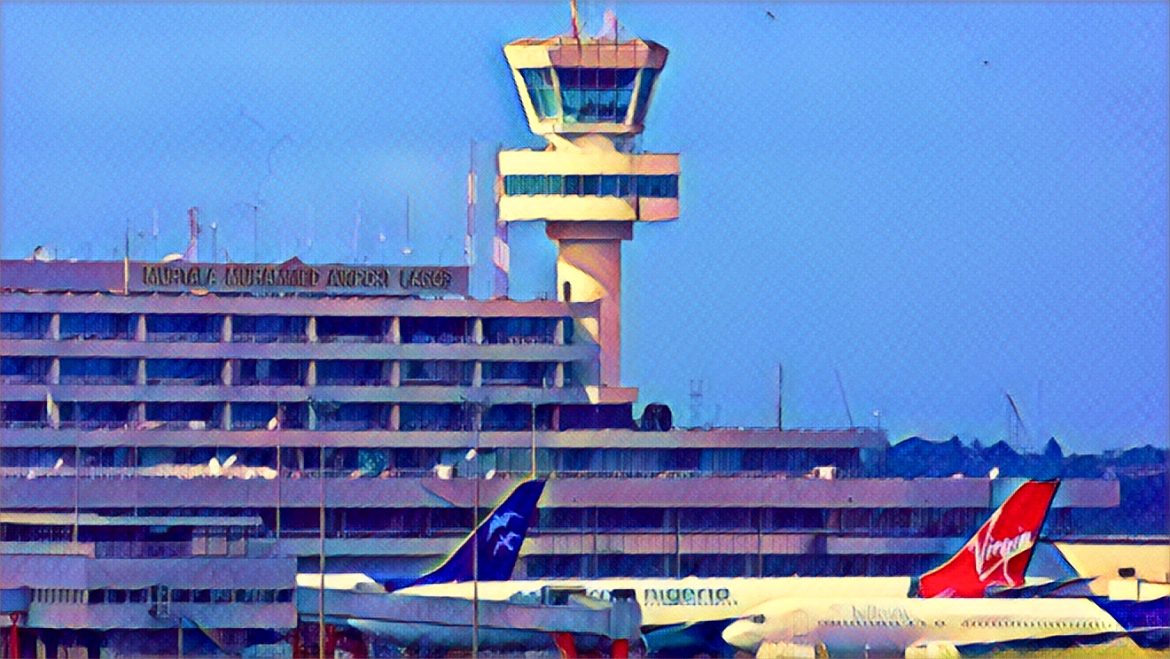Nigeria’s aviation sector is set to receive a major upgrade in the 2024 fiscal year, as the federal government has allocated N23 billion for the rehabilitation and repairs of airports, aerodromes, and air navigational equipment across the country.
The budget proposal, which was presented by President Tinubu to the National Assembly on Tuesday, shows that the aviation ministry and its agencies will get over N63 billion in total, representing a 26% increase from the previous year.
According to the budget document, N20.9 billion will be spent on the rehabilitation and repairs of airports/aerodromes, while N2.1 billion will be used for the rehabilitation of air navigational equipment. The budget also earmarks N2 billion for the development of an aerospace university in Abuja and N1 billion for the expansion of the Murtala Mohammed Airport in Lagos.
The aviation sector is one of the key drivers of Nigeria’s economic growth and diversification, as it contributes to the movement of goods and services, tourism, trade, and investment. The sector has been hit hard by the global pandemic and the recession, which affected the demand for air travel and reduced the revenue of airlines and airport operators.
The federal government has been making efforts to revive the sector and improve its infrastructure and safety standards. In August 2020, the government approved a N5 billion bailout fund for the aviation industry to cushion the impact of the pandemic. In December 2020, the government reopened the Akanu Ibiam International Airport in Enugu, after completing its runway rehabilitation project. The government also plans to concession some of the major airports in the country to private investors, to enhance their efficiency and profitability.
The 2024 budget allocation for the aviation sector has been welcomed by stakeholders and experts, who say it will boost the sector’s recovery and competitiveness. They also urge the government to ensure timely and transparent implementation of the projects and to address other challenges facing the sector, such as high taxes, multiple regulations, security threats, and foreign exchange volatility.
The aviation sector is not only vital for Nigeria’s economic development but also for its regional and global integration. The sector has the potential to create more jobs, attract more tourists and investors, and foster more cooperation and connectivity with other countries. With the 2024 budget, the government has shown its commitment to unlocking this potential and making Nigeria a leading aviation hub in Africa.
Source: Business Day


